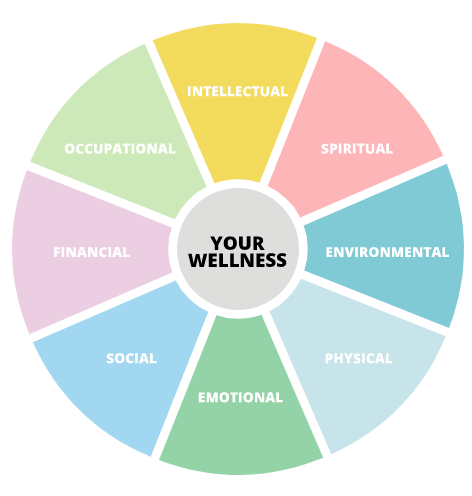Stigma Surrounding Money

The Stigma Surrounding Money
“42% of Americans say money has a negative impact on their mental health.” This is a disheartening statistic. Both money and mental health are two stigmatized topics that need to be talked about more in order to help break the negative cycle that surrounds and intertwines the two. Carl Richards, who is a Financial Advisor, asks, “Why is it considered rude to ask someone how much they paid for a house?” In this blog post, we will delve deeper into why money is so stigmatized, some helpful tips and points to consider, as well as how to combat it.
Money and mental health both have a long history of being stigmatized, and we see that the two are linked. Statistics show that people who have a mental health condition get paid significantly less than the average population. It can also be harder for neurodiverse people to hold down a job, and that same population also has higher rates of economic stress; it’s a cycle. By talking more about each of these topics, we can help to break this cycle that partly stems from stigma.
There is also stigma around women and spending. When women spend money on self care, it is often viewed as “frivolous.” Did you know there is a tax on women’s body wash but not mens? This goes for most other hygiene products. The good news is that this is getting better! If you read the blog post two weeks ago, you’ll know that a few years ago, the tax on period products has been done away with! With more activist and policy work, and simply speaking out, we can hope the tax will go down on other similar items.
We “live in a society where talking about money makes us seem like greedy, self absorbed individuals – a perception that is driven by our low self-esteem. A condition that creditors like to take advantage of.” So, what can we do about this idea that money is a hush-hush subject? According to Brene Brown, holding space for others and empathizing is the way to decrease shaming yourself and others, and we can apply this to financial wellness too. Richards and Brown say to just start having conversations that may seem uncomfortable, and that is huge in terms of helping to break the stigma (on any topic!).

Some reminders and actionable tasks! We don’t have to let money control us in a negative way. Money doesn’t have to be something that makes us only feel stressed when we hear that word. A few things you can do: talk more openly about mental health, the wage gap, and money. Continue to educate yourself by using trusted resources, especially ones that see finances as a part of the wellness wheel (Refer to the image below to check it out! The wellness wheel is a pie chart which shows the different aspects of health, such as physical, emotional, environmental, spiritual, etc.), not just numbers. Our office is a great resource and we are always here to cheer you on and will never shame you about your spending. Fun fact! “We were one of the first student money management centers in the nation.” Did you know this?
Most importantly, Just. Start. Rip off that bandaid! Start those conversations that have to do with money. You don’t have to go it alone and keep your feelings surrounding money to yourself. You’ve got this. Below, you will find a checklist to guide you!

Action items:
- Apply for jobs at companies, settings, universities that have inclusivity policies
- Talk about mental health and money (what you feel comfortable opening up about)
- Activist item: Push for financial literacy courses in education, especially ones that look at finances from a wellness perspective.
- Confide in those you trust about your stresses surrounding money
- E.g. our office!
- Talk more openly about money
- Gender, disability wage gap (see our recent Instagram post!)
- The Just Start Method
Sources:
https://suitsmecard.com/blog/money-and-mental-health-its-time-to-remove-the-stigma
https://www.enrich.org/blog/money-negative-social-stigma-financial-wellness
https://www.nytimes.com/guides/year-of-living-better/how-to-talk-about-money
https://brenebrown.com/book/i-thought-it-was-just-me/
http://herfirst100k.com/financial-feminist-podcast/
https://www.ginger.com/activities/wellness-wheel
